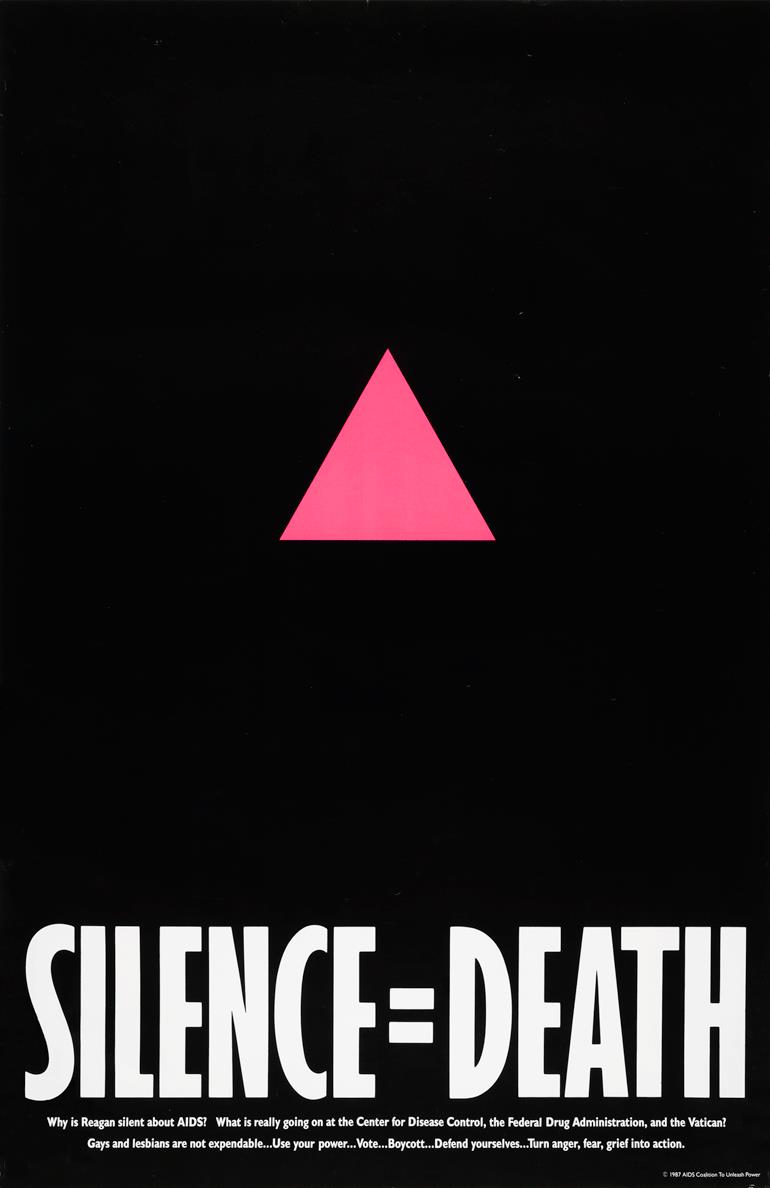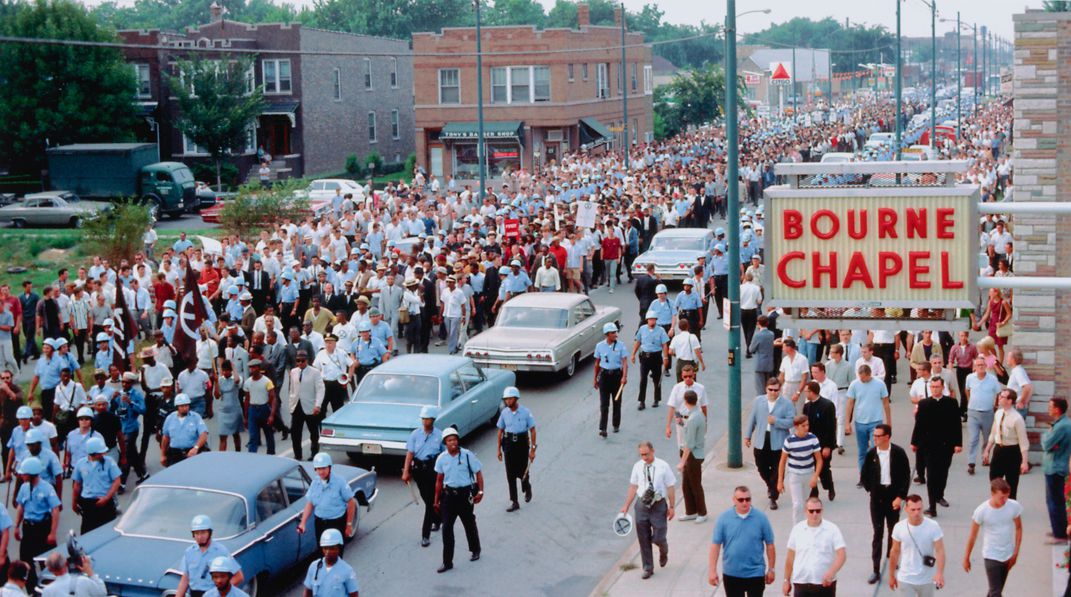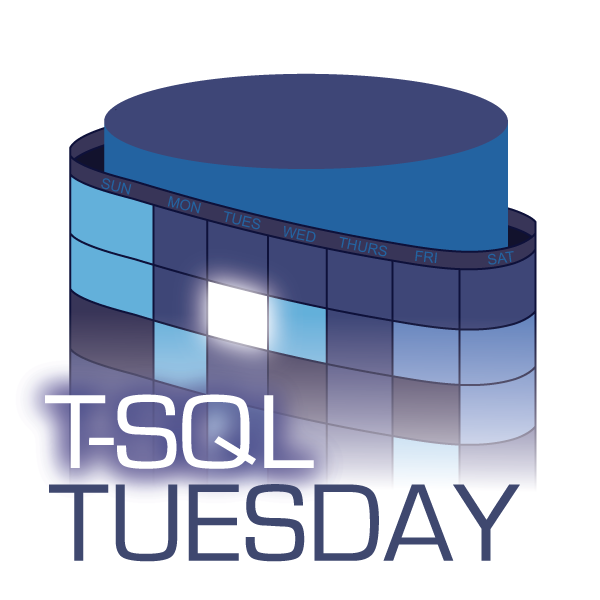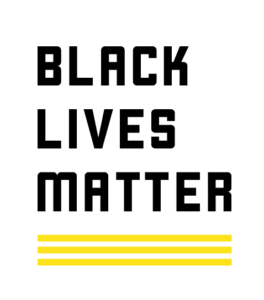This month’s T-SQL Tuesday is hosted by Kenneth Fisher (blog|twitter). Kenneth asked us to talk about any non-SQL tips and tricks we have. I’m going to take the moment to give some tips on how (and why) you can help fight bigotry, racism, and racial injustice.
In the US, Racism is a white people problem
The lack of diversity in Tech is a well-documented, well-known problem. Most companies have employee resource groups (ERGs) or other programs to help tackle the problem and build a more diverse workforce. However, companies cannot solve this problem without the engagement and help of employees.
In yesterday’s blog post, I mentioned how allyship plays a necessary role in combating homophobia, racism, and bigotry. I explained how queer rights wouldn’t be where they are today without our straight allies. Today, I want to push my readers a bit further. Today, I’m here to tell you that bigotry and racial inequity in America is our problem to solve.
My readers are predominantly well-off, privileged white men–just like me. I know this, because most or all of my readers are here because we work in Computing/Software/IT, and skews toward being US-based. As well-off, privileged white men, racial inequity in America is our problem to solve.
Our privilege means that we have the ability to look the other way, because racial inequity doesn’t affect us personally, nor does it affect the majority of our coworkers. We are often several degrees removed from blatant racism. However, we are the ones who have the power to do something about it; we have the platform to say and do something.

What you can do
You don’t have to do anything profound–you just need to speak up against injustice & inequity. Voice support for the voiceless. Empower the powerless.
Don’t try to solve everything, or be perfect. The important thing to remember is that you should do something and take action.
Silence = Death
In 1987, the AIDS Coalition to Unleash Power (ACT UP) was formed with the goal to end the government silence & misinformation surrounding the growing AIDS crisis, which disproportionately affected gay men and people of color. ACT UP was founded as an organization devoted to political action, and in their early days focused on direct action and civil disobedience.
ACT UP adopted the slogan “SILENCE = DEATH” to reflect the reality that thousands of people were dying from AIDS, and was being ignored by President Regan, the CDC, the FDA, the Vatican, and lawmakers everywhere. The footnote on the original poster reads “Gays and lesbians are not expendable…Use your power…Vote…Boycott…Defend yourselves…Turn anger, fear, grief into action.” The fine print on this poster is as provocative and poignant as the large, bold text. It is as provocative and poignant today as it was in 1987.

Rev Dr Martin Luther King Jr
Decades before the AIDS crisis, in his “Letter from a Birmingham Jail“, Martin Luther King Jr calls on America to take part in nonviolent resistance to racism. King writes about the moral responsibility of society to take action, and to disobey unjust laws.
King is often quoted as saying, “The arc of the moral universe is long, but it bends towards justice.” However, that arc does not bend on it’s own. It is bent by people who push and pull on that arc to force it towards justice. In his Letter, King argues that sitting and waiting for justice to happen is not enough. We must push for justice by actively pushing back against injustice.
It has been 57 years since Dr King wrote that letter, and yet not much has changed. Minorities are disproportionately affected by poverty, hunger, are victims of violent crime, of police brutality, and an unfair justice system.
We must bend the arc of the moral universe towards justice.
Take action
Remind yourself that there’s nothing political about promoting justice. There’s nothing controversial about being anti-racist. There’s nothing wrong with defending civil rights. Social justice is universal common ground upon which our society is based.
Arm yourself with knowledge. Do your research to educate yourself about racism, and the four centuries of racial injustice in the United States. You don’t have to be an expert, you don’t even have to feel like you understand. Your goal is simply to break down your own ignorance of racism. If you are white, think of it as popping the protective bubble we’ve lived in.
Learn about conscious and unconscious bias, and ways to combat it. There’s a lot of information and research on the topic. Finding information on unconscious bias isn’t hard–being open to learn & change is the difficult part. We can’t cure unconscious bias, but with self-awareness, we can address it. Take three minutes, right now, to watch this video:
Amplify Black voices. On social media, this can be as simple as retweeting/resharing a post. In a meeting at work, this takes the form of repeating a thought or contribution from someone else, and attaching their name to it. This helps give that person recognition for their contribution, and prevents it from being hijacked, purposefully or not, by someone else. You do not need to add your own ideas, or editorialize their thoughts–simply amplify their voice and note your support. You can always help defend them later if (and only if) they need it.
Have uncomfortable conversations. Conversations about race are uncomfortable. Step outside your comfort zone. Be aware of your own words & actions, as well as those others. Be vulnerable enough to say the wrong thing, and to learn from that mistake. Emotions may flare, and that’s OK–you will feel anger, fear, grief, and other emotions. Let those emotions power your actions to drive justice.
Donate. Find an organization where your money can help. Here’s a short list of 115 organization that support Black lives and communities of color. There are more.
Do something. Write to your legislators. Vote. Attend a rally. Put up a sign on your lawn, or in your yard. Get some sidewalk chalk and graffiti your sidewalk. Be provocative. Be uncomfortable. Be angry.
Silence against injustice can be just as deadly as a bullet, just as painful as a knee slowly pressing into the back of the neck.
US employment diversity data: Computing, Software, & IT
| Occupation | Total Employed (in thousands) |
Percent of total population | ||||
|---|---|---|---|---|---|---|
| Women | White | Black or African American |
Asian | Hispanic or Latino |
||
| Computer and information research scientists | 24 | |||||
| Computer network architects | 106 | 9.2 | 76.1 | 13.1 | 10.3 | 14.1 |
| Computer occupations, all other | 808 | 23.6 | 70.5 | 12.7 | 14.1 | 9.7 |
| Computer programmers | 454 | 20.3 | 67.8 | 8.5 | 21.8 | 8.7 |
| Computer support specialists | 547 | 26.4 | 74.2 | 10.5 | 12.7 | 11.3 |
| Computer systems analysts | 663 | 40.1 | 67.8 | 9.7 | 20.3 | 8.3 |
| Database administrators | 106 | 30.2 | 72.0 | 6.8 | 16.7 | 6.2 |
| Information security analysts | 125 | 17.1 | 74.6 | 16.6 | 7.6 | 12.9 |
| Network and computer systems administrators | 199 | 26.1 | 77.2 | 9.7 | 11.7 | 8.5 |
| Operations research analysts | 152 | 42.7 | 80.5 | 6.8 | 8.3 | 9.7 |
| Software developers, applications and systems software | 1,815 | 18.7 | 54.0 | 5.8 | 37.7 | 5.1 |
| Web developers | 193 | 41.4 | 77.6 | 6.7 | 12.0 | 4.6 |
| Total | 5,192 | 25% | 65% | 9% | 23% | 8% |


Great post, thank you!